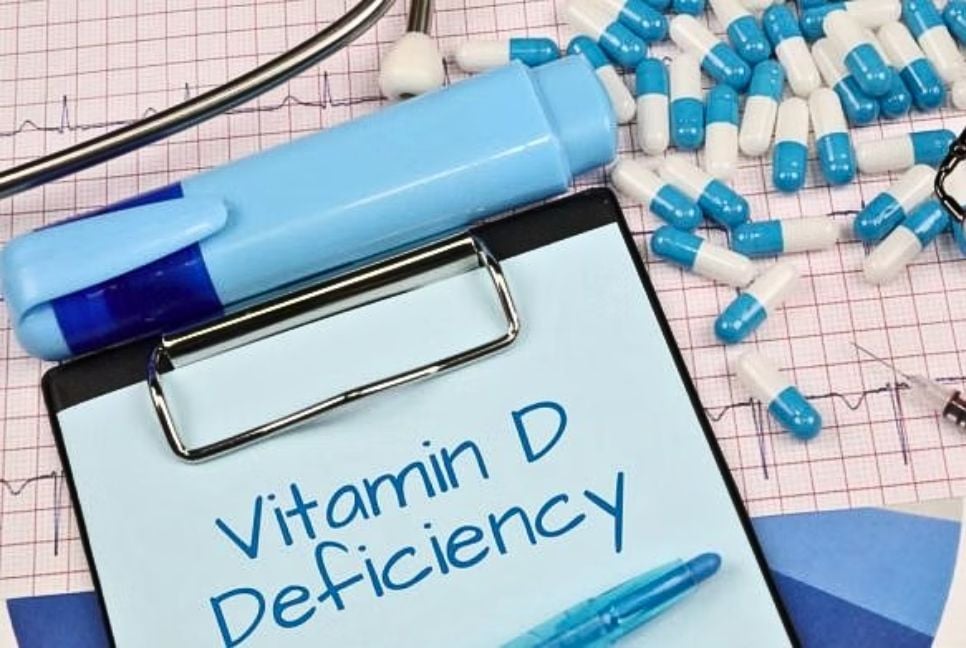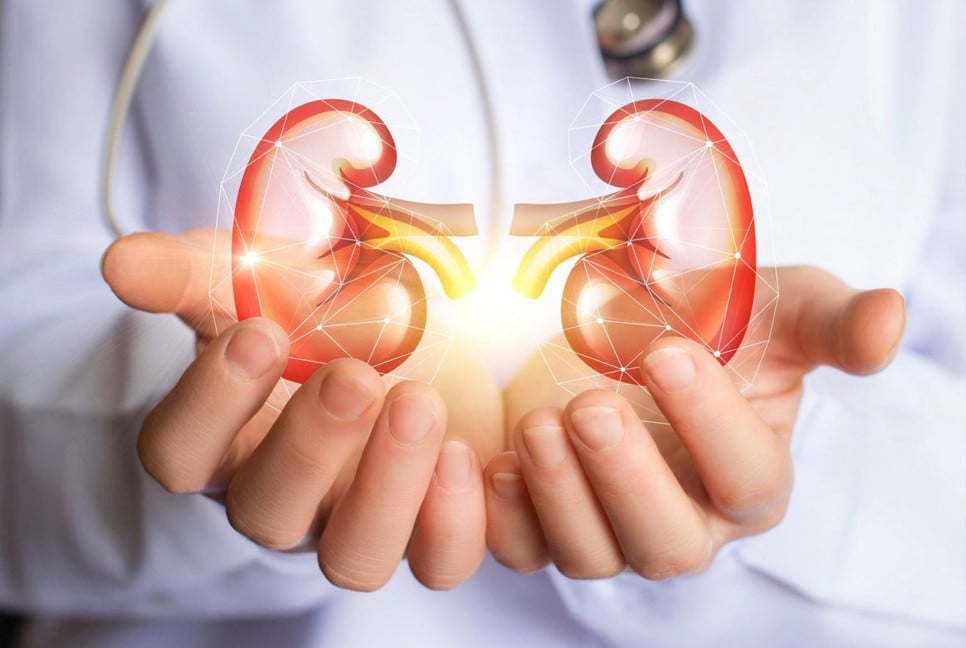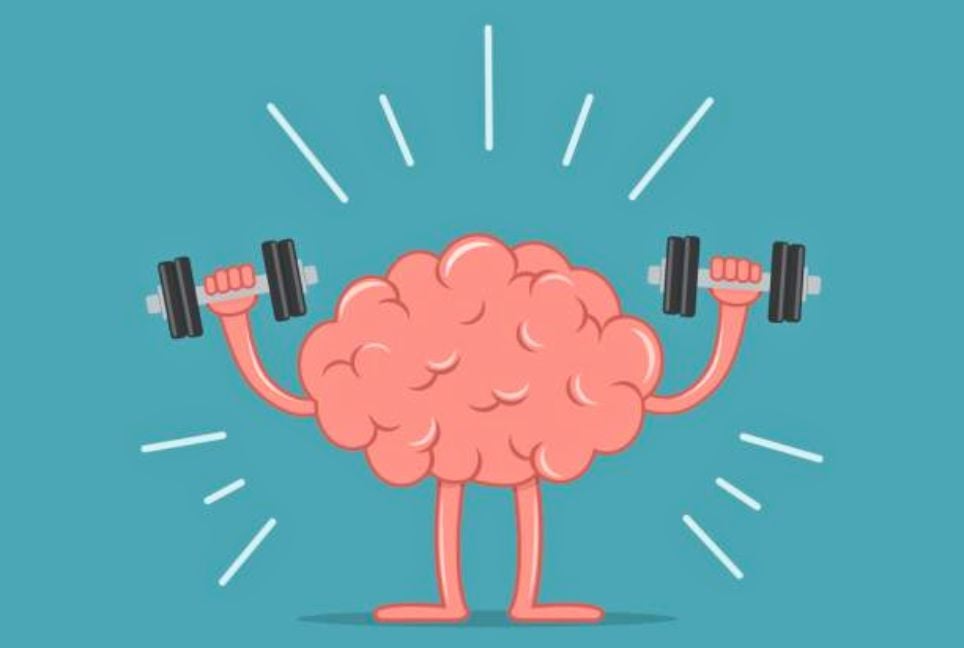Vitamin D deficiency can have several effects on your health. It can be challenging to diagnose as the deficiency may not cause any noticeable symptoms, or its symptoms can often overlap with those of other health issues.
According to a recent article in Health, here are 14 common signs to watch out for to ensure you're getting enough of this essential nutrient, reports Hindustan Times.
Fatigue and tiredness
Low vitamin D levels are linked to fatigue, though the exact reason behind this connection is unclear. Some researchers suggest that vitamin D supplements could help reduce feelings of tiredness.
Frequent illness
If you frequently get sick, a vitamin D deficiency could be the cause. Research has shown a link between low vitamin D levels and more severe illness in people in intensive care units (ICUs).
This connection was further explored during the COVID-19 pandemic, where studies indicated that individuals with vitamin D deficiencies had a higher risk of contracting the virus and experiencing more severe symptoms.
Muscle pain and weakness
Vitamin D plays a key role in muscle function. A deficiency can lead to symptoms like muscle weakness, pain, and atrophy (muscle loss), which can also increase the risk of falls.
Back pain
Weak muscles can put additional strain on your back, potentially leading to back pain. Low vitamin D levels, particularly in people with lower back pain, have been linked to these discomforts, and supplementation may help relieve pain.
Bone fractures and osteoporosis
Vitamin D is essential for calcium absorption and bone health. A deficiency can cause osteomalacia, leading to weakened bones, which may contribute to osteoporosis and fractures.
Hair loss
Vitamin D is crucial for hair regeneration. A deficiency might slow down hair growth and has been linked to conditions like alopecia, an autoimmune disorder causing hair loss.
Depression
Although the relationship between vitamin D and depression is not fully understood, low vitamin D levels have been associated with a higher risk of depressive episodes.
Weight gain
Low vitamin D levels are linked to weight gain. People with obesity are 35 per cent more likely to have a vitamin D deficiency compared to those without obesity and 24 per cent more likely than those who are overweight. This may be due to the accumulation of vitamin D in fat cells, which tend to retain vitamins and prevent them from being efficiently released into the bloodstream.
Eczema
Vitamin D affects both the immune system and skin barrier function, which are crucial for eczema development. Low levels of vitamin D have been linked to increased frequency and severity of eczema symptoms.
Tooth decay
Vitamin D is essential for dental health. A deficiency can weaken your teeth, making you more prone to cavities, fractures, and decay. Research has shown that extremely low levels of vitamin D increase the risk of dental caries, a type of tooth decay.
Gum disease
Vitamin D helps your body absorb calcium, which is essential for healthy gums. A deficiency has been linked to an increased risk of periodontitis, a gum disease that causes inflammation and damage to the tissue surrounding the teeth.
UTIs
Vitamin D helps your body fight infections by boosting the production of natural antibiotics. A deficiency may increase the risk of urinary tract infections (UTIs), particularly in those assigned female at birth.
Incontinence
Vitamin D is important for muscle strength. A deficiency can weaken the pelvic floor muscles, which support the bladder and other organs, potentially leading to conditions like urinary incontinence and pelvic organ prolapse.
Rickets
Rickets is a condition that causes soft and weak bones in children, often due to a vitamin D deficiency. Supplementing with calcium and vitamin D can help correct the damage caused by rickets. The American Academy of Pediatrics recommends a minimum daily intake of 400 IU of vitamin D for infants, children, and adolescents.
Bd-pratidin English/Fariha Nowshin Chinika



























































